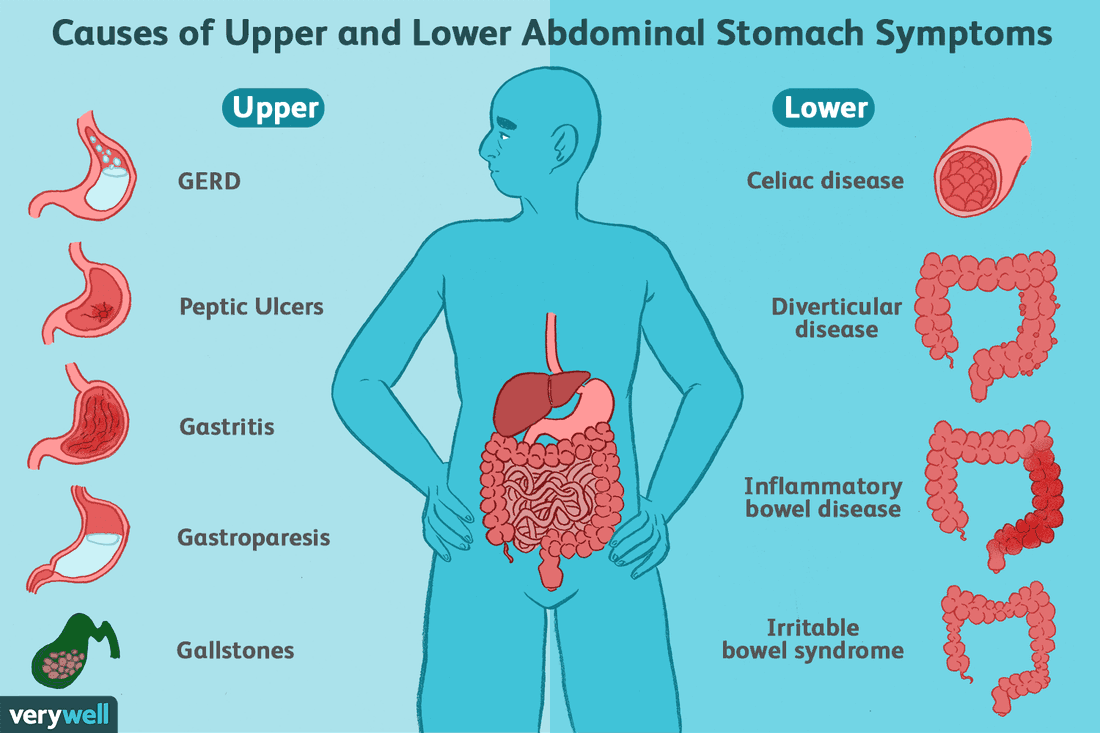
While chronic constipation is uncomfortable and difficult to deal with, it can also be a symptom of a more serious health issue. The first thing to do is determine what’s causing your condition. There are many possible causes, including digestive disorders and neurological problems. In general, constipation occurs when the colon absorbs too much water from the waste that you pass. The result is a stool that has become hard and dry and can’t be moved through the body.
The most common cause of constipation is a neurological or metabolic disorder. Specifically, neurological disorders affect the nerves in the spine and brain. Some of the most common causes of constipation include Parkinsonism, which is a movement disorder. Metabolic disorders affect the body’s energy process, and may include hypothyroidism, which occurs when the thyroid hormone is too low. These conditions can lead to the discomfort that most people experience when they have irregular bowel movements.
When a doctor diagnoses a constipation cause, he or she will do a full physical examination. The healthcare provider may order a digital rectal exam to check the consistency of the stool and look for signs of other illnesses. The doctor may take a sample of your stool for further testing. An abdominal X-ray can determine the fullness of the bowels. Other tests may be necessary, including blood tests.
In addition to hormonal imbalances, some endocrine, metabolic, and neurological disorders can lead to constipation. Some of these disorders are genetic. Taking drugs can make the condition worse. You might have to undergo surgery if you’re diagnosed with a disorder like these. While your doctor can’t cure bowel conditions, it can help you treat it. Getting a second opinion is a good idea. Your healthcare provider will be able to diagnose the underlying cause.
If you suffer from chronic constipation, it is important to consult your physician. It is not uncommon for a medical professional to suspect that your condition is a result of a weakened immune system or an improper diet. Fortunately, it’s very rare that these conditions can be treated. A healthy diet is the best way to stay healthy and avoid constipation. However, it’s important to keep in mind that a high-fiber diet is an excellent way to avoid this uncomfortable condition.

There are many possible causes of constipation. Most of them are inherited and can be treated by a doctor Putri Wijaya. The healthcare professional will perform a comprehensive physical examination and ask about your symptoms. For example, a blood test for thyroid disease may reveal the presence of hypothyroidism. An abdominal x-ray can also indicate whether your intestines are full. Your doctor may also order additional tests to determine the exact cause of your condition.
Your doctor will discuss your past health conditions and symptoms of constipation. They will also conduct a medical examination. A digital rectal examination can help determine if you are constipated or if your bowels are already full. A blood test will determine whether your intestines are healthy and functioning properly. This can help your doctor determine the cause of your constipation. If you have had a lot of gut problems in the past, you may have an eating disorder.
The cause of constipation is not always obvious. This may be a symptom of another disease. There are several possible causes of constipation, and they can be temporary or long-term. Your health care professional may recommend medicine or surgery if you feel unwell. In some cases, it may be a symptom of an underlying problem, such as diabetes. Symptoms of constipation can vary from person to person, but they are usually unpleasant and can cause pain.
The cause of constipation is not always obvious. This may be a symptom of a physiological condition. Certain medications or a sedentary lifestyle can also lead to constipation. It is important to consult a doctor to make a diagnosis. Even a diet high in fiber can lead to constipation. In addition to eating a high-fiber diet, eating disorders can lead to a sedentary lifestyle or lack of regular exercise. Often people may ignore their urge to go for a long time and remove water from their stool.